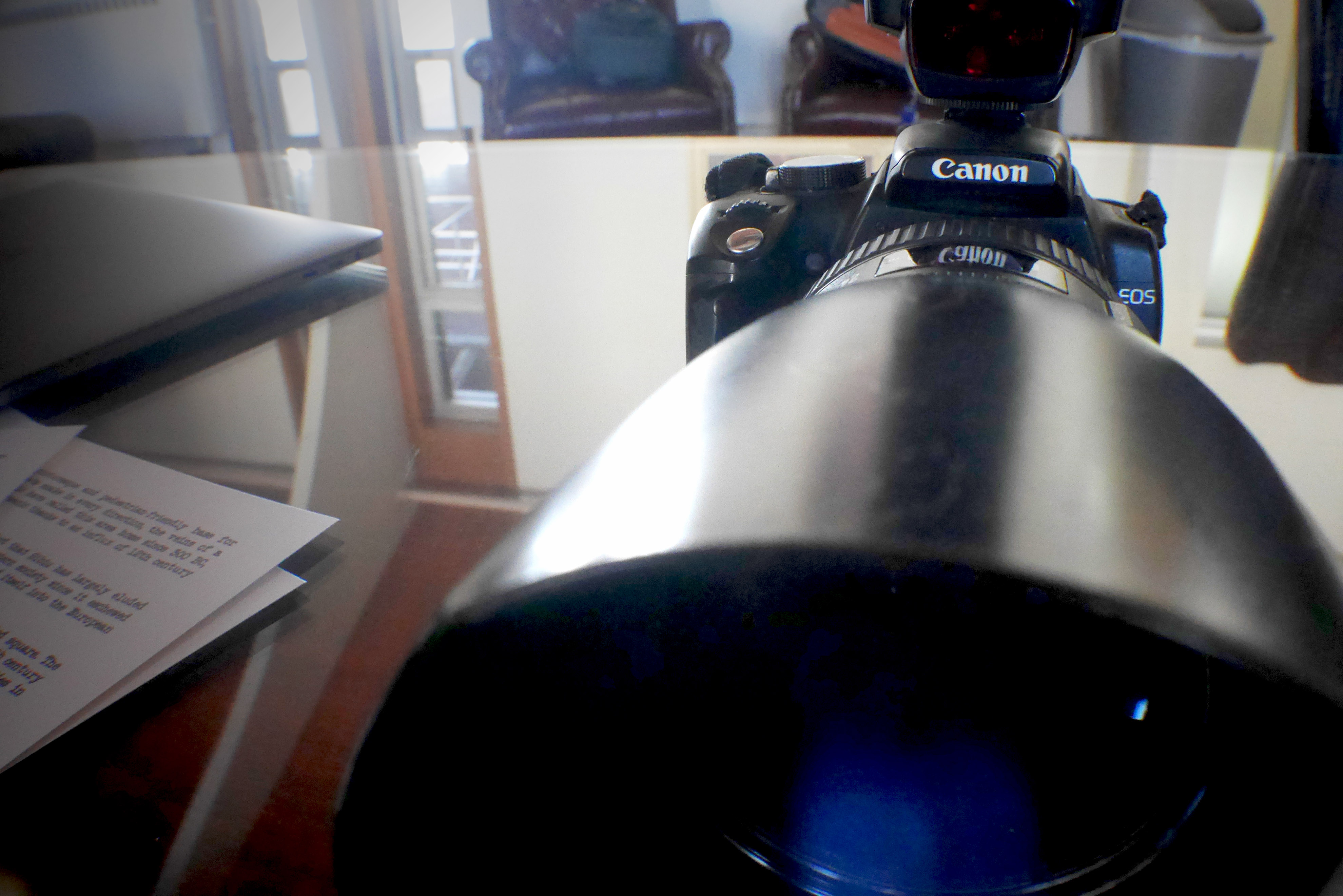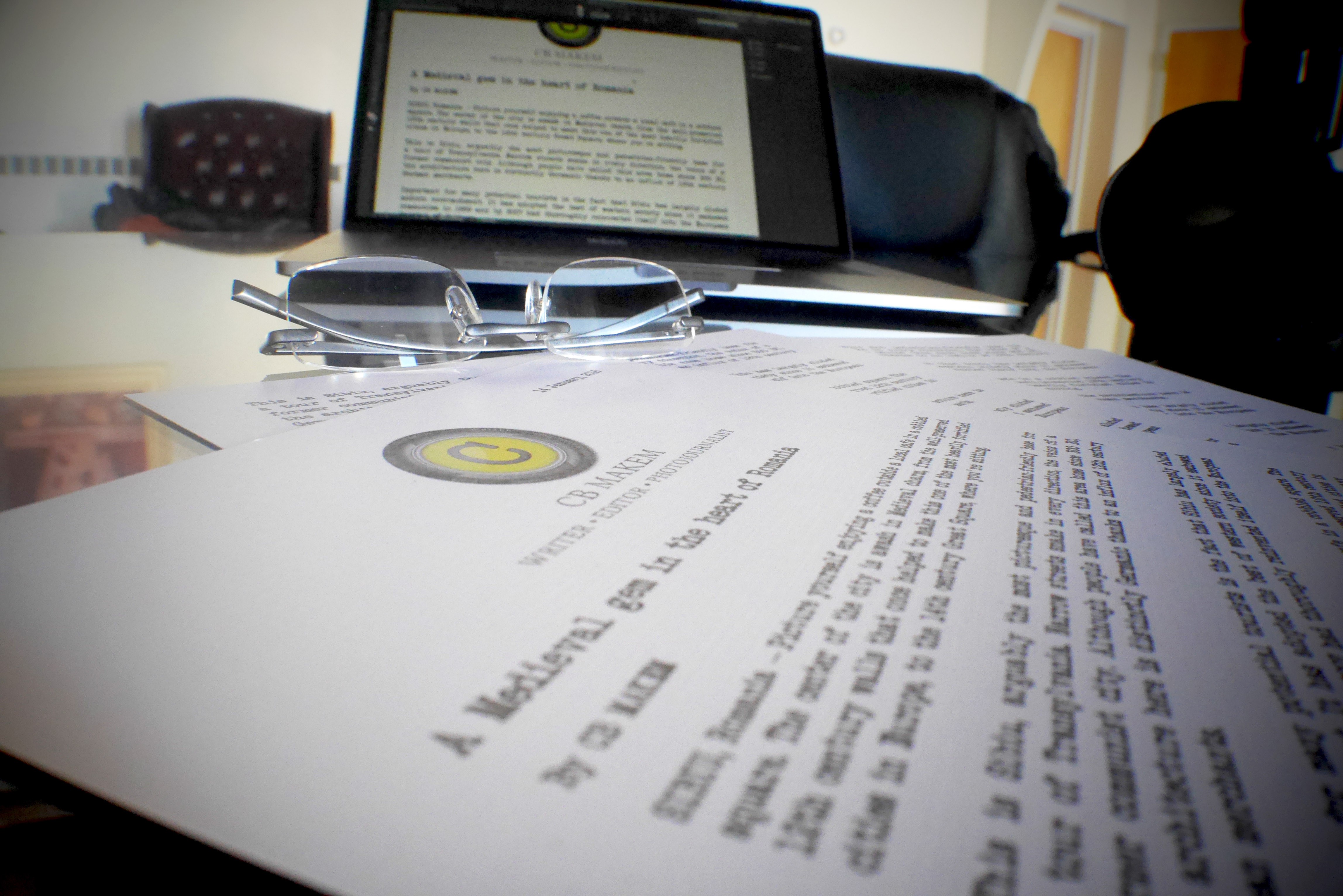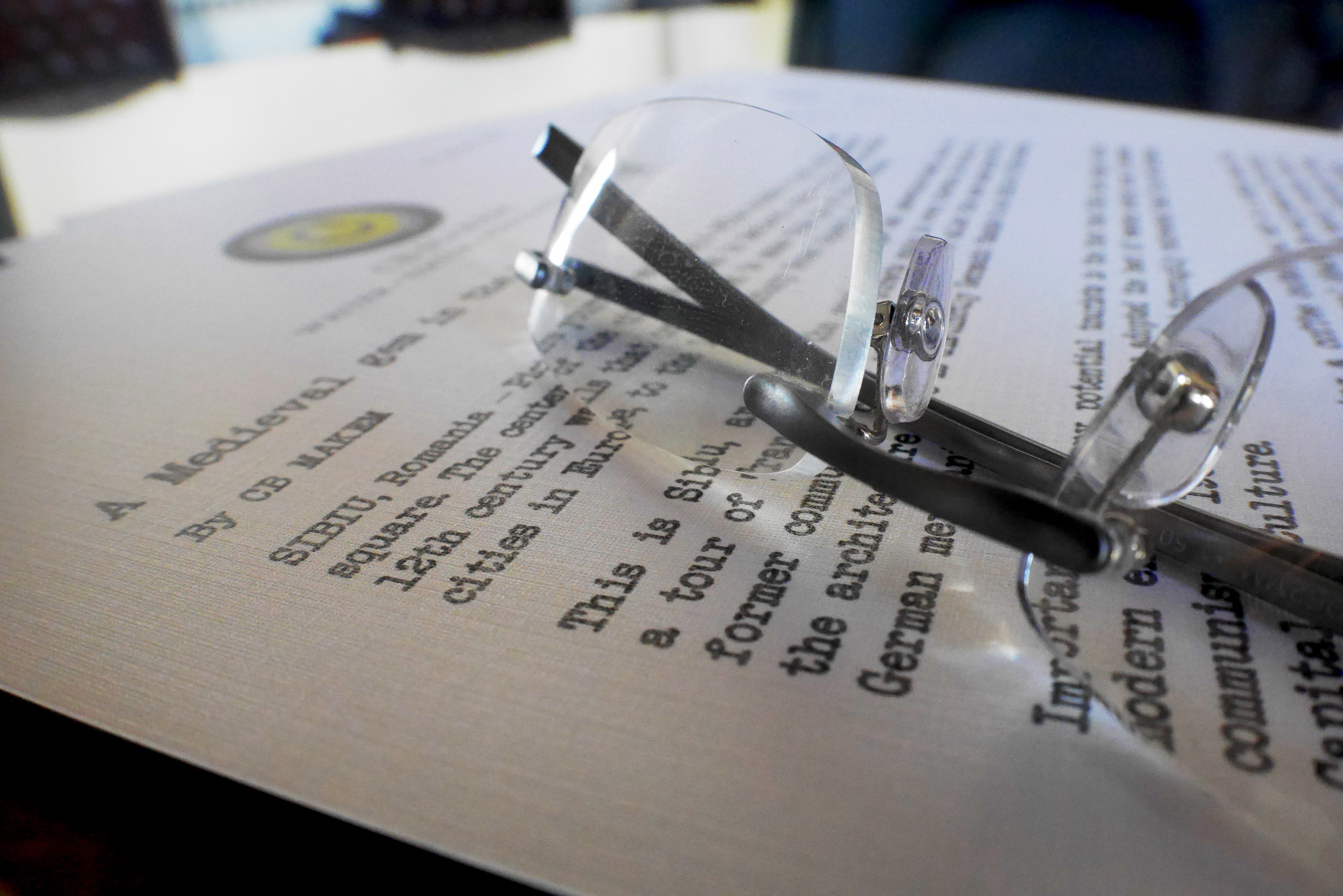Why do we Irish love potatoes?
Like the call of the siren, it beckons from the center of the Thanksgiving table in all of its starchy goodness, just on the other side of the green beans. There’s no shame. Everyone with Irish ancestry succumbs to its lure. We’re all powerless in its awesome gaze.
Of course, I speak of the spud, the incredible, edible, delectable master of all tubers, the potato, the perfect vehicle for gravy, the granddaddy of side dishes.
The potato has played a crucial role in our history, sustaining our ancestors and spreading us tragically across the world when nature denied us its bounty. My father used to say that a day without potatoes is like a day without sunshine. Indeed, I’ve been served dinners in Ireland with three different kinds of potato sides. And I loved it.
How seriously do we take our potatoes, any of you non-Irish may ask? Let’s just say that three years ago, in November 2018, a Cork woman was sentenced to jail for damaging a packet of Pringles. Don’t mess with our crisps!
But how did we get here?
Potatoes evolved from the poisonous ancestor of nightshade, so its cousins include tobacco, chili peppers, bell peppers and tomatoes. Just so you know, the part we eat is the root of the plant, where the energy is stored for the following year.
Yet, I digress. Our story starts about 15,000 years ago in the South American Andean highlands between what is now Peru and Bolivia. That’s when human settlers appeared in the region. Somewhere about 8,000 B.C., we domesticated the wild potato. (My personal belief is that the first fish and chip shop opened not long after, but archaeology is murky on this subject.)
The potato remained unknown to the rest of the world until the Spanish conquistadors started poking around the area in the early 1500s. Somewhere between 1570 and 1593, they brought the plant to Europe, but it was hardly an immediate success. Europeans were used to eating the upper portions of plants, not the roots, and as such, the plant was regarded as poisonous and even evil. Doubters blamed the potato for leprosy, sterility, over sexuality and for destroying soil.
But the lowly potato found its salvation in its long shelf life, in particular for the French military. France sought a food not only to sustain their soldiers, but also a populace starved from continuous warfare. The government planted one hundred acres of potatoes and guarded the food. The fact that it was guarded sparked interest among the French and eventually it became one of the most popular food sources in Europe.
The Great Hunger
The potato was introduced into Ireland in the late 1500s and apparently we liked it. Not only did it flourish, but the tuber grew so well in Ireland that eventually farmers began to rely solely on the plant for their crops. Big mistake. It became the staple for the poor Irish family.
So, when a blight hit the potato crop in 1845, the working poor were unprepared. That year, a fungus-like organism called Phytophthora infestans turned up to one half of the potato crop into goo. It devastated about three-quarters of the crop over the next seven years.
Britain—which at the time ruled Ireland—failed the population. Though Ireland continued to export a great many food sources, their populace was dying. Roughly a million Irish people died of starvation or related causes and another million left the shores of their homeland for Amerikay and other less impoverished nations. We spread throughout the world.
In 1997, British Prime Minister Tony Blair issued a statement, offering a formal apology to Ireland for the British government’s handling of the catastrophe.
And so here we are, with Irish seeds cast all over the world. We stuck by our beloved potato and have—in the inimitable Irish way—bettered ourselves through our misfortunes.
But there’s more!
Allow me now to move past the traditional roasted, mashed, baked, boiled, fried, chipped, crisped potato to offer you a new avenue for potatoes: pizza crust. Yes, it’s possible and yes, it’s delicious (and gluten free).
I’d suggest listening to appropriate music while making this recipe. Suggestions include Bud the Spud and the Ketchup Song, both from Stompin’ Tom Connors; Potato’s in the Paddy Wagon, by the New Main Street Singers (from the movie A Mighty Wind); and Let’s Call the Whole Thing Off, performed by Ella Fitzgerald and Louis Armstrong.

Potato Pizza Crust
1 ½ pounds potatoes (try red potatoes)
½ cup of shredded cheese of your choice
1 egg
2 tablespoons vegetable oil
Salt and pepper
Your choice of toppings
Preheat oven to 425 F (220 C)
Line a baking sheet with parchment paper
Peel potatoes, discard peels
Grate potatoes in grater (large holes)
Transfer potatoes to towel and squeeze out excess moisture
Add potatoes to a bowl with cheese, egg, salt and pepper. Stir to combine.
Form a 12-inch circle on the parchment paper with the mixture
Bake 25-30 minutes
Remove from oven and top with toppings of your choice (suggestions: mozzarella cheese, cherry tomatoes sliced in half, pepperoni and basil)
Bake an additional 10-15 minutes. Crack open the latest edition of iIrish and enjoy.
No posts have been published yet.










